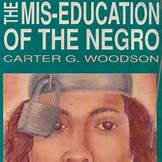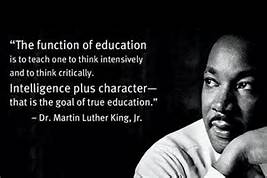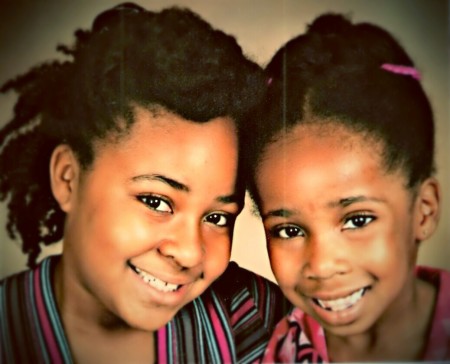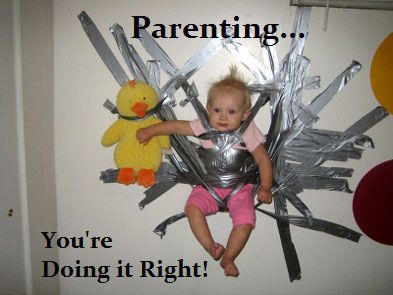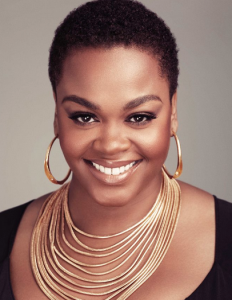The weather was warm, the sky was bright and we were eager to savor our Saturday. Neighbors were mowing their lawns, sailing on the lake or scrambling to get their hands on turkey legs and funnel cakes during that final Saturday of the State Fair.
And I was putting put on my ‘Mama’ cap to attend a less festive event, the GISD Magnet and Innovative Programs Fair. Hundreds of other parents, some with children in tow, joined me in learning about the customized education programs and services available to students from pre-school through the twelfth grade via recommendations and qualifying test scores.
Was it the most exciting way to spend a Saturday, navigating from one auditorium from the next and collecting reams of paper about campus programs and the deadlines to apply for them? Hardly.
But what fueled my resolve to attend was a letter about our daughters’ high testing scores and glowing reports from their instructors at recent parent and teacher conferences about their progress so far in the school year. Both of our girls were described as “motivated, well-behaved” and “reading above grade levels.” Calvin and I were proud to hear that the girls worked well in groups, took pride in assignments and were a joy to have in classrooms. In fact, Nia’s reading teacher confessed that she looked forward to what the future held for such a “poised young leader” in the years to come.
It was good to hear that our girls’ efforts are recognized and that their teachers are fond of them, but unfortunately, many of their black peers aren’t able to enjoy positive school experiences. In fact, a study recently completed this year examined data from various public schools and concluded that black girl students are six times more likely than white girls to be suspended from school and punished more harshly than their white peers.
This disparity was on display in a now-viral video of a noncompliant black female high school student was yanked out of her seat and dragged across the floor by a school police officer, who has just been fired.
 One of the study’s authors, Columbia University law professor Kimberle Williams Crenshaw, told NPR in an interview that she and her team were concerned about the long-term challenges facing black girls without an education.
One of the study’s authors, Columbia University law professor Kimberle Williams Crenshaw, told NPR in an interview that she and her team were concerned about the long-term challenges facing black girls without an education.
They learned, as they listened to blacks and other students of color, that several factors worked against their sense of safety and undermined their attendance and achievements. Pervasive racial stereotypes, zero-tolerance policies that fast-tracked them out of schools, lack of acknowledgement for their accolades and safety concerns, such as bullying and sexual harassment, were cited as issues.
 The study brings to light the glaring discrepancies that people of color are still force to grapple with in our so-called, yet far from it, ‘post-racial’ world. When a disobedient, yet non-threatening female student is characterized in social media as a ‘thug’ deserving of the former officer’s excessive violence, we as a society must examine our motives in perpetuating such disparities among the races. Punishing them because of prejudice and negating potential with harsh consequences guarantees cynicism, rather than success.
The study brings to light the glaring discrepancies that people of color are still force to grapple with in our so-called, yet far from it, ‘post-racial’ world. When a disobedient, yet non-threatening female student is characterized in social media as a ‘thug’ deserving of the former officer’s excessive violence, we as a society must examine our motives in perpetuating such disparities among the races. Punishing them because of prejudice and negating potential with harsh consequences guarantees cynicism, rather than success.

